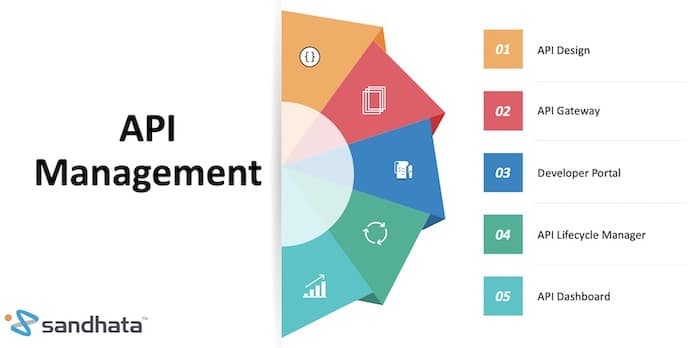What is API Management?

Modern technology is constantly advancing to meet the demands of businesses. Yet, with such rapid advancement comes increasing complexity as new tools emerge that make specific tasks simpler, like API management. So, what exactly does it entail?
This post will give an introduction to APIs, explaining their significance for companies seeking to take full advantage of data’s endless potential. Learn the various uses for APIs, from simplifying integration between systems to automating workflows or providing customer insights directly into applications.
It will also cover why investments must be made for successful API management, such as security, scalability, performance, and discoverability considerations, to achieve optimal results.
What Is API Management and Why is It Essential?
APIs (Application Programming Interfaces) have become ubiquitous in today’s technology-driven world, serving as the backbone of modern software development by connecting different apps and services together to form one seamless digital ecosystem. Yet, managing APIs can be an arduous task that often proves challenging for their managers.
API Management is an umbrella term covering practices, tools, and solutions intended to make API creation, development, maintenance, scaling, and reliability simpler and faster. At its core, it ensures APIs remain safe, scalable, and reliable for their intended uses.
Developers can quickly publish, monitor, and control APIs using this system, providing a comprehensive solution to oversee all stages of API lifecycle management. API Management allows companies to more effectively leverage their APIs, opening new business opportunities and remaining ahead of competitors in today’s digital landscape. That is why API Management should be considered such an indispensable aspect of digital business strategy.

Benefits of API Administration
API management has transformed how businesses interact with their customers and partners. By providing a centralized platform for managing APIs, companies can ensure their APIs are safe, secure, reliable, and user-friendly.
API management offers numerous advantages to businesses, such as improved efficiency, increased revenue growth, and customer satisfaction.
Furthermore, businesses gain insight into how their APIs are being utilized so they can refine and optimize them over time. By taking advantage of an API management platform, businesses can ensure they remain responsive to technological advancements and changes within their industry. Overall, it is an essential asset in today’s digital economy.
Understanding Different Types of APIs
APIs have become an indispensable element of software development in today’s tech-driven society, serving as intermediaries between different applications to allow them to interact. Not all APIs are created equal.
Each type has different characteristics and functions. For instance, some APIs access databases while others allow messaging, enabling developers to select one best suited to their needs in creating powerful systems that function seamlessly together.
So next time you use an app or website, think of all those APIs working behind the scenes to make it possible.
Key Components
Management of APIs (Application Programming Interfaces) can be a complex undertaking for any business, yet implementing an API Management Solution can streamline and simplify this process.
An API Management Solution typically comprises five key components:
- Developer portal
- API gateway
- Analytics
- Security
- Monetization
The following will discuss each one individually. A developer portal provides documentation, SDKs, and resources for developers to explore and implement APIs effectively while an API gateway acts as a reverse proxy that optimizes processing for all incoming requests for APIs.
Analytics allow businesses to track API usage, performance, and other metrics. Security provides authentication, authorization, and other mechanisms for safeguarding APIs, while monetization enables businesses to generate revenue via APIs by making them public or offering subscription plans. This combination makes an API Management Solution essential to any company that deals with APIs.


